At the careers keynote session at Letsrecycle Live, this week (15 September) chaired by director of DMP metals Paul Dumpleton, speakers shed light on the issues the waste sector faces in attracting workers.
Sector wide experts were speaking at the session, including the president of CIWM, Dr Adam Read; professional services director at WAMITAB, Katie Cockburn; learning and development manager at FCC environment Angie Burgess; and technical plant engineer at Suez, Molly Bell who is also a top finalist in the 35-under-35 scheme.
Dr Read started the session by noting the lack of recognition the waste and reycling sector faces as a whole and how there are ways to begin to change this.
Describing the “unbelievable tension” Brexit has brought to the sector, he added that now more than ever, the sector must begin to “reposition the narrative” in how it pitches itself to potential workers.
Government
Dr Read said that as the government moves to implement ambitious net zero targets, the waste sector must be moved up higher on its agenda.
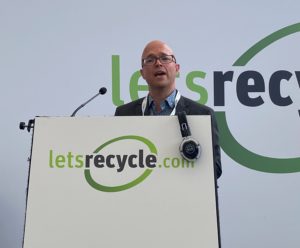
Questioning whether the government was thinking about “where the waste sector needs to be”, he noted the lack of a “people chapter” in the Resources and Waste strategy, and the lack of emphasis on upskilling the workforce to deal with major reforms.
Reasoning that bringing in the carbon agenda when looking to recruit staff, Dr Read declared: “Nobody wants a job in waste, but what about jobs that ‘save the environment’? I worry that as a sector, we aren’t sexy enough to win competition between other sectors for skills.
“I worry our sector will be marginalised. The government needs to realise that the carbon revolution doesn’t happen without us. Really, the waste sector is all about climate change, we just haven’t pitched it properly. We need to reposition the narrative in that respect.
“Previously, as a sector, we have failed miserably at putting ourselves at the heart of the government debate but as we move to implement these ambitious targets, I hope we’ve got a seat at the table.”
‘Looking forward’
Following Dr Read was Ms Cockburn, who reiterated the need to prevent the waste industry from being a “dinosaur”, and the importance of moving it away from redundant skills.
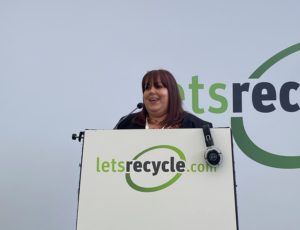
She said: “We need to be a sector looking forward, not looking back. To focus on the skills we need for the future, we need to redevelop training online, and we need to maxmise government funding for the sector. It is critical that we drive the skills agenda, that’s what makes a 9 year old want to work in this sector.”
Panel debate
In a panel debate at the end of the session, Ms Burgess emphasised the need to get young people interested in working in waste and recycling, saying that this was key in driving skills for the future.
Similarly, Ms Bell added that a key way the sector can get people interested in the sector is for the government to incorporate it into the school curriculum.




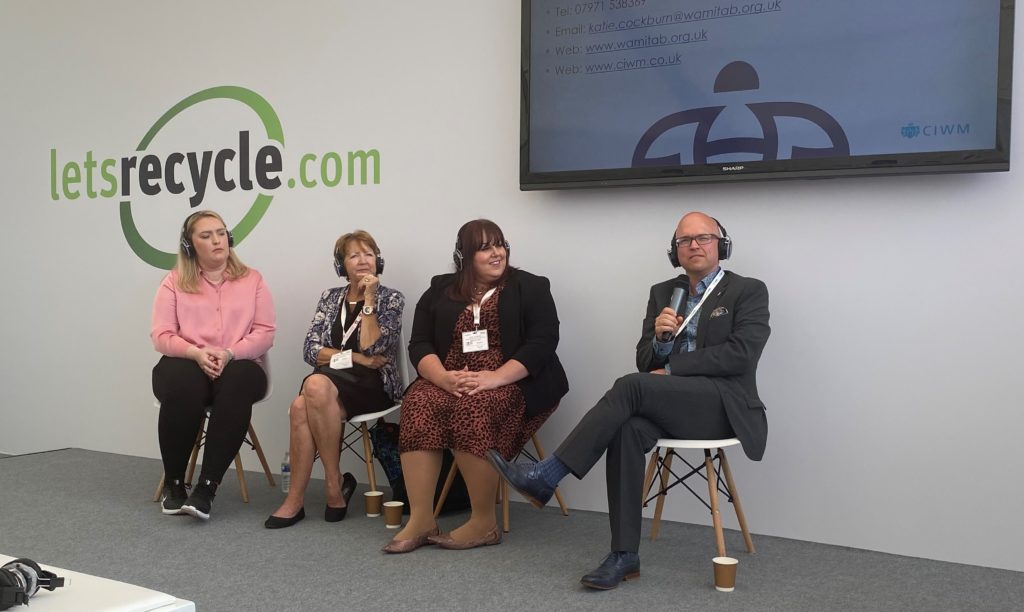
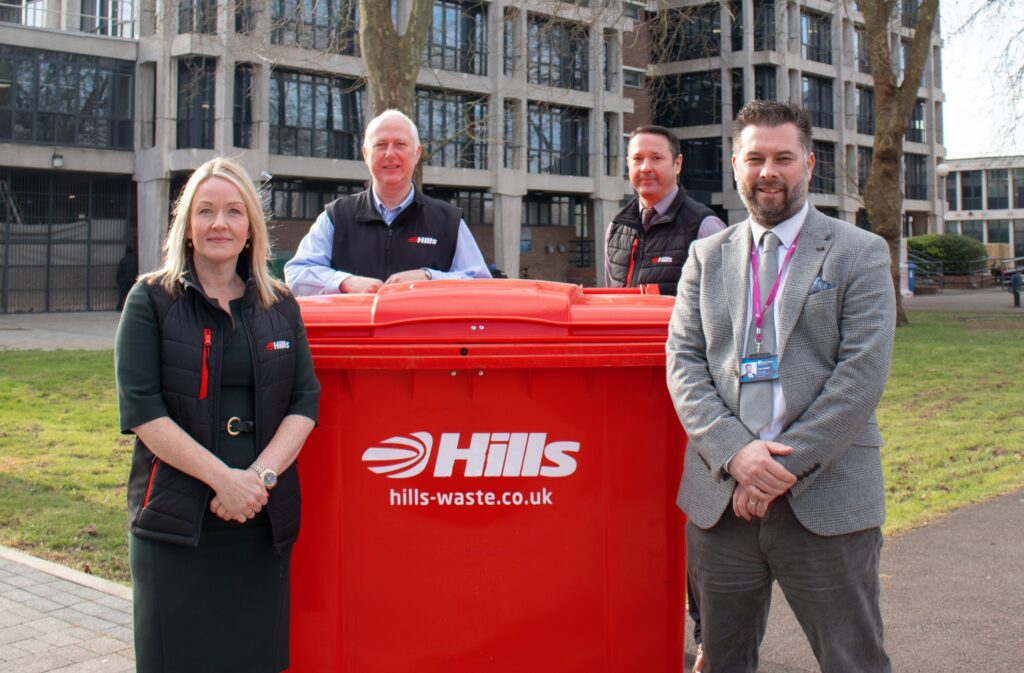
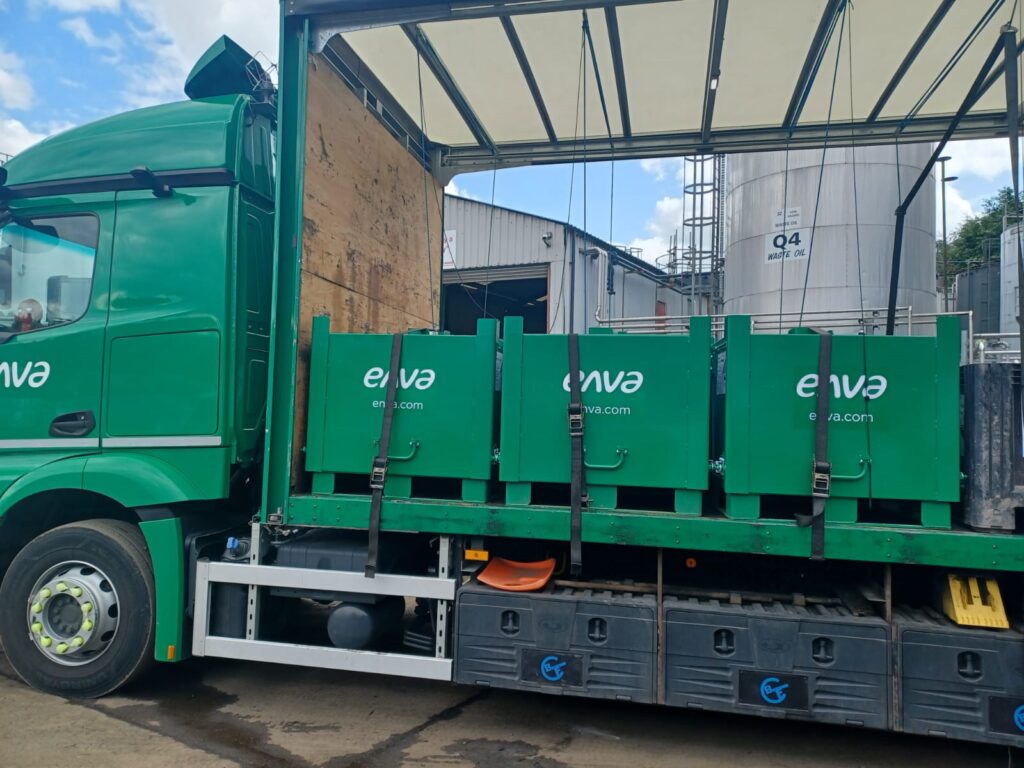


Subscribe for free